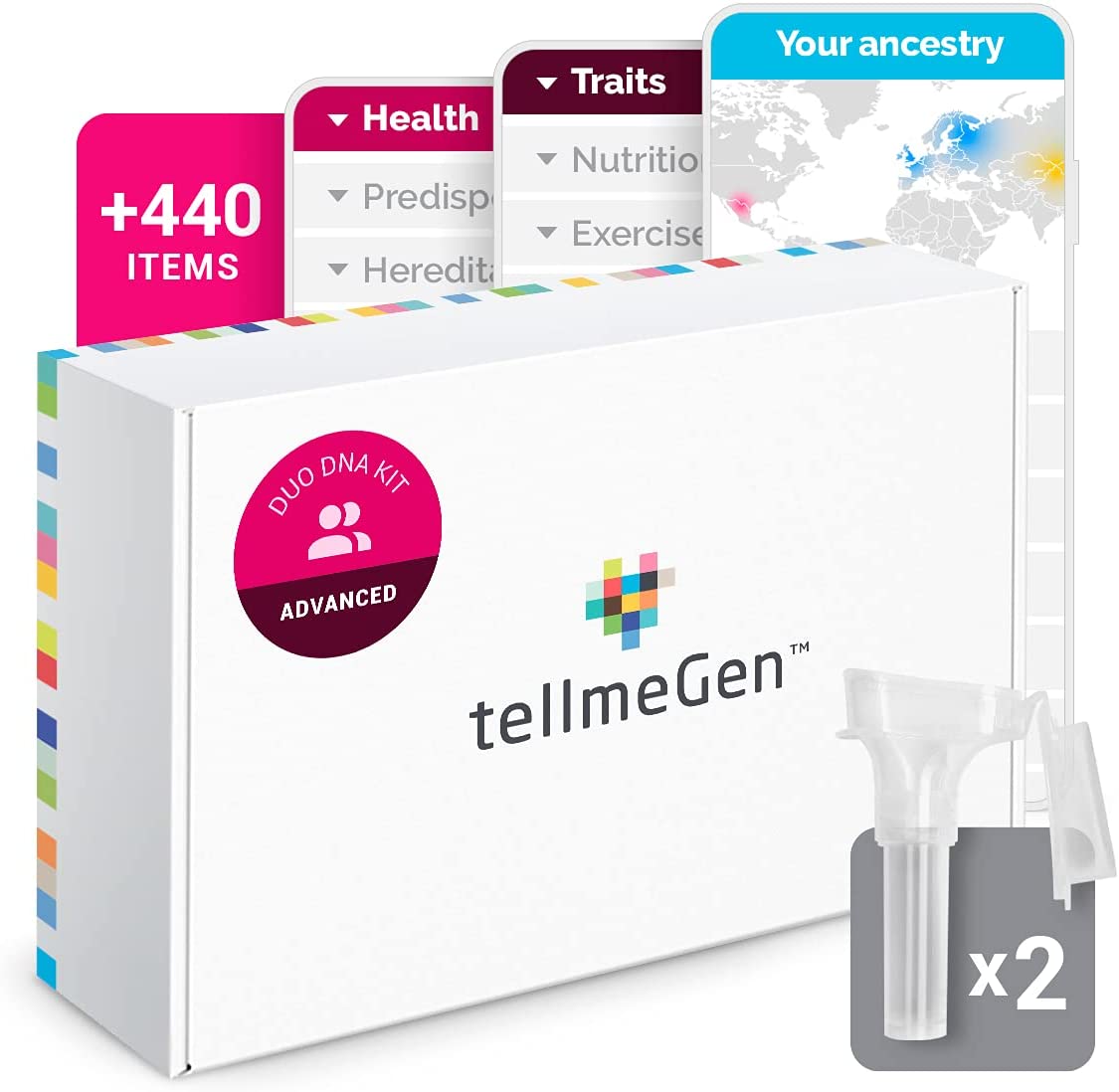Hallucinogen Persisting Perception Disorder (HPPD)
[Please note that this page contains affiliate links. If you choose to purchase after clicking a link, I may receive a commission at no extra cost to you.]
Hallucinogen Persisting Perception Disorder (HPPD) is a disorder in which people re-experience visual and other sensory hallucinations that were first experienced while tripping. The hallucinations that happen while the person is sober are signs of HPPD.
There are two types of HPPD according to the kind of hallucinations they experience. In Type 1, a person experiences random and brief flashbacks. In Type 2, their experiences are way more persistent and disturbing, as the individual experiences consistent vision changes.
It is vital to know that HPPD hallucinations are apparent hallucinations to the individual going through them, and it does not override their reality. However, HPPD may still cause massive distress and interfere with social life and work.

Symptoms of HPPD
The effects of ingesting a hefty dose or heroic dose of psychedelics usually wear off between six to 16 hours. Although HPPD symptoms hang around much longer after the drug wears off, it could be either episodic or continuous.
These intrusive symptoms may last from weeks to months, and in severe cases, they can even last years. For some, the condition turns chronic, and others can typically overpower the function and feelings.
DSM-5 Causes
HPPD, according to the DSM-5, is caused by psychedelic drugs, mainly but not exclusively by LSD. HPPD occurs in 4.2% of people who use entheogens.
Psychedelics, hallucinogens, or entheogens are classified as a group of natural or synthetic drugs that cause little thought and mood changes in small doses, such as microdosing.
LSD affects dopamine and serotonin receptors or your brain’s “pleasure pathways.” In larger doses, such as heroic doses, psychedelics may cause transient auditory, visual, and other sensory disruptions or otherwise known as “trips.”
Since hallucinations can also be caused by other disorders, like brain lesions, seizure disorders, neurodegenerative disease, and others, these causes should be looked at before a person has a diagnosis of HPPD.
Treatment
HPPD usually will occur with a combination of other mental illnesses, like depression, panic disorder, and alcohol use disorder, according to the DSM-5. So, some types of treatments given to those conditions can help with managing symptoms.
HPPD can also be treated with different pharmaceuticals through strict schedules, but everyone is different, and their treatments may differ. Some meds such as antipsychotics can have positive results, including medications used to treat PTSD, and naltrexone, which is used to treat alcohol and opioid dependency.
Another practical class of treatments is brain stimulation, like Transcranial Magnetic Stimulation (TMS), which can effectively treat HPPD.

